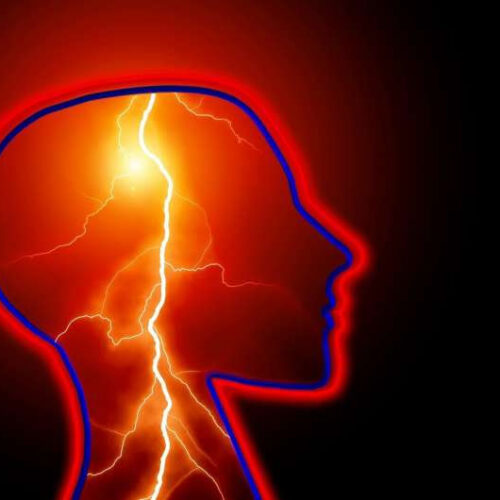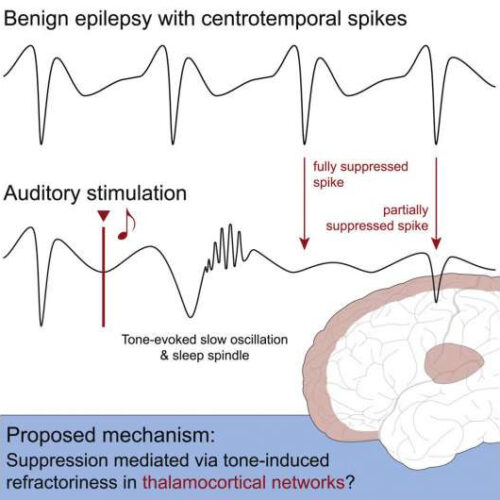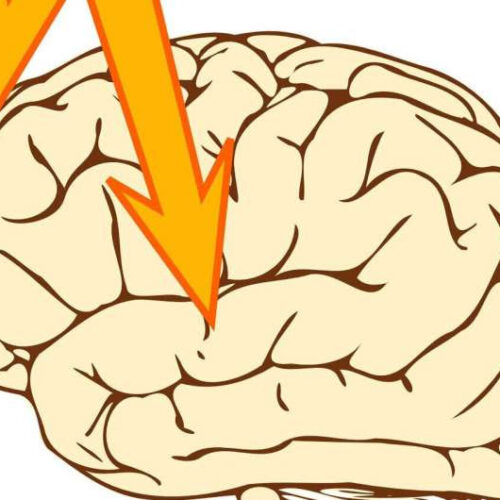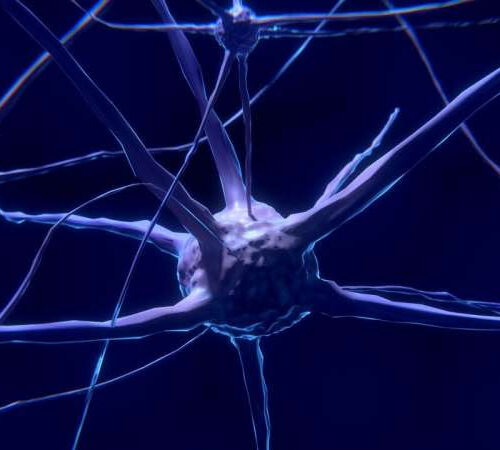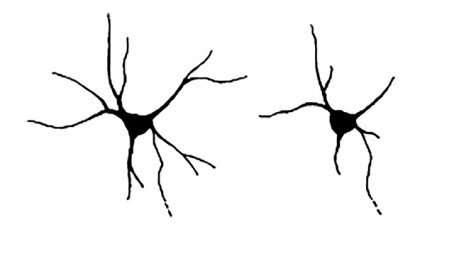Damage to a part of the brain that regulates hyperactivity can contribute to both memory problems and seizures in the most common form of epilepsy, according to research at the University of Wisconsin–Madison. The study, published recently in the Journal of Neuroscience, may lead to earlier diagnosis of epilepsy and possibly new ways to treat...
Tag: <span>epilepsy</span>
Hypertension may increase risk of developing epilepsy
WILEY Hypertension may double an adult’s risk of developing epilepsy, according to a new study published in Epilepsia. In the study of 2,986 U.S. adults with an average age of 58 years, 55 new cases of epilepsy were identified during an average follow-up of 19 years. Hypertension, defined as presence of elevated blood pressure or use...
Hypertension may increase risk of developing epilepsy
Hypertension may double an adult’s risk of developing epilepsy, according to a new study published in Epilepsia. In the study of 2,986 U.S. adults with an average age of 58 years, 55 new cases of epilepsy were identified during an average follow-up of 19 years. Hypertension, defined as presence of elevated blood pressure or use of...
Seizure forecasting with wrist-worn devices possible for people with epilepsy, study shows
by Susan Barber Lindquist, Mayo Clinic Credit: CC0 Public Domain Despite medications, surgery and neurostimulation devices, many people with epilepsy continue to have seizures. The unpredictable nature of seizures is severely limiting. If seizures could be reliably forecast, people with epilepsy could alter their activities, take a fast-acting medication or turn up their neurostimulator to...
Focused ultrasound may help prevent seizures in some patients with epilepsy
WILEY IMAGE: RESULTS FROM A STUDY PUBLISHED IN EPILEPSIA SUGGEST THAT FOCUSED ULTRASOUND, WHICH CAN BE USED TO NON-INVASIVELY TARGET CIRCUITS IN THE BRAIN, MAY BENEFIT SOME PATIENTS WITH EPILEPSY WHO EXPERIENCE SEIZURES THAT DO NOT RESPOND TO STANDARD ANTI-SEIZURE MEDICATIONS. CREDIT: DR. YU Results from a study published in Epilepsia suggest that focused ultrasound,...
Disordered brain activity in Rolandic epilepsy can be influenced by brief sounds during sleep
by Universitaet Tübingen Graphical abstract. Credit: DOI: 10.1016/j.xcrm.2021.100432 Rolandic epilepsy is a common form of epilepsy in children which occurs primarily during sleep. Short sounds played during sleep can partially suppress the neuronal discharges characteristic of epilepsy. That’s according to a research team from the University of Tübingen and Tübingen University Hospitals. The team is headed...
Epilepsy research reveals previously unknown trigger for seizures
by Josh Barney, University of Virginia Credit: Pixabay/CC0 Public Domain Researchers at the University of Virginia School of Medicine have uncovered how problems in cortical microcircuits in the brain can trigger epileptic seizures. The researchers say that targeting the problem could lead to new treatments for a devastating form of the disease. UVA epilepsy researchers Eric...
Neural network helps doctors detect epilepsy-causing malformation in the brain
by Skolkovo Institute of Science and Technology Credit: Pixabay/CC0 Public Domain Skoltech researchers and their colleagues from the Pirogov National Medical and Surgical Center and the Kulakov National Medical Research Center for Obstetrics, Gynecology, and Perinatology have used a convolutional neural network to automate the detection of focal cortical dysplasia, a common cause of epilepsy, in...
Clinical trials assess best first-line drugs for epilepsy
Standard drugs remain the best first-line treatments for epilepsy, according to the results of two UK clinical trials led by the University of Liverpool. The Standard and New Antiepileptic Drugs (SANAD II) studies compared a range of antiepileptic drugs for how well they control seizures, their general tolerability and their cost, to assess whether newer drugs should...
Mutations in the neurochondrin gene linked to epilepsy
by Uppsala University Credit: Uppsala University Mutations in the neurochondrin (NCDN) gene can cause epilepsy, neurodevelopmental delay and intellectual disability. The gene mutation significantly impairs contacts and signaling between neurons in the brain. This is the conclusion of a study led from Uppsala University and published in the American Journal of Human Genetics. “The mutation may provide...

